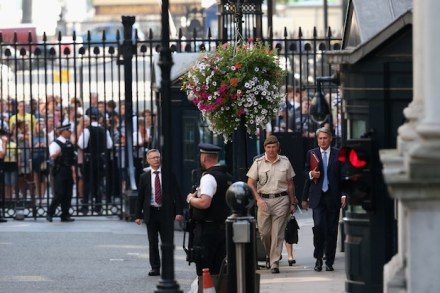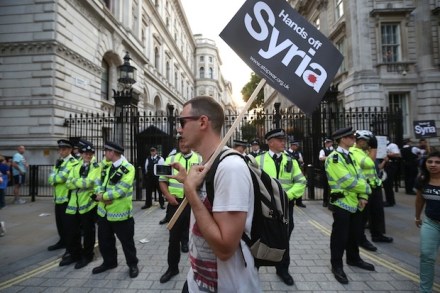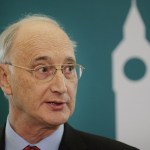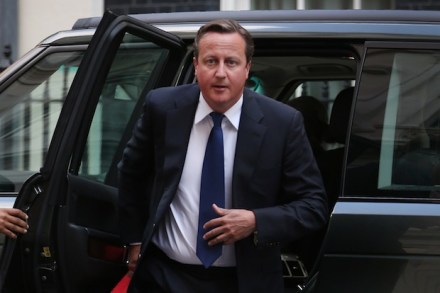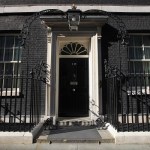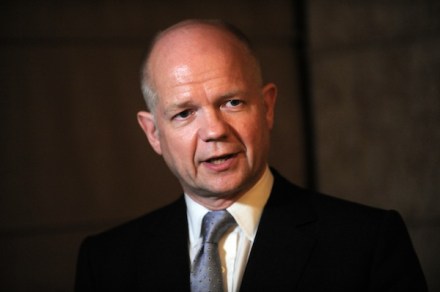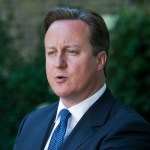Number 10: Ed Miliband wants to divide the nation on Syria
Even if you were wavering over whether Ed Miliband’s decision yesterday to reject the government’s motion on Syria (before it was published) was a political stunt, it’s a little more difficult to see why the Labour leader plans to continue to oppose the rewritten motion when it comes to a vote in the Commons this evening. You can read the full motion here. Number 10 is in no doubt that Labour now opposes this motion on political grounds rather than out of principle. A senior source says: ‘That just proves they are playing politics with this incredibly serious matter. They want to divide the nation on this matter and divide



